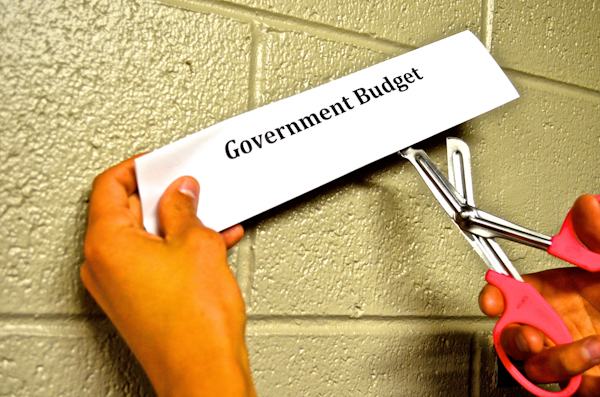Photo Submitted
President Obama unveiled his new proposed budget for the 2014 Fiscal Year last Wednesday. His offering included a combination of new spending strategies and tax increases in order to create jobs and reduce future budget shortfalls and deficits.
According to nbcnews.com, President Obama’s new budget plan calls for $1 billion to be spent on creation of new manufacturing innovation institutes, which he says will be “targeted investments in areas which will create jobs right now.”
In addition to the $1 billion he plans to spend on new job creation, Obama is also calling for $50 billion in order to repair deteriorating highways, bridges and mass transit systems.
His plan would also make some changes to Medicare in order to reduce the amount of money being spent on the program itself.
The president proposes to increase taxes beyond the $600 billion tax increase already in place since January 2, 2013.
He is also proposing to raise certain taxes such as cigarette taxes and use that money to help pay for preschool for children of lower-income and middle-income families.
The response from many Republican congressional leaders indicated that negotiations about the budget plan with President Obama would not be an option due to the fact that the Republicans did not see the proposal as a serious plan, but more as a “left-wing wish list.”
While not many Republicans agreed with President Obama’s proposed plan, many did agree that he seems prepared to do something about the issues that are putting the U.S. in a slide towards bankruptcy.
“[Obama] does deserve some credit for incremental entitlement reforms they have outlined in this budget,” House Speaker John Boehner said. “But I would hope that he not hold hostage these modest reforms for his demand for bigger tax hikes.”
The recent budget cuts are already starting to be felt around the country.
According to usatoday.com, the Navy announced last Tuesday that it was cancelling the remaining Blue Angels performances for the rest of the 2013 season due to “budget realities.”
Their cancellation of the classic Blue Angels air show, the second oldest formal flying demonstration squadron, extends past the federal fiscal year that ends in September and means that the Homecoming Show held from November 1-2 at the Pensecola Naval Air Station in Florida has also been cancelled.
Even if Congress does approve a new budget that reduces the impact of the current spending cuts, the Navy itself has not committed to allowing the Blue Angels show to return any time soon.
Because of this, the flight team’s pilots are each permitted 11 hours per month of flying time, which is the same amount of flying time permitted to Naval air forces on aircraft carriers.
The team may be allowed to perform flyovers for certain summer events such as baseball games, but final approval will come from the Pentagon.
With all of these budget cutbacks and the government spending money on other things, many students agreed the proposal made by President Obama is unrealistic for many reasons.
Senior Shannon Joyner said reorganizing the budget would make our deficit worse.
“The budget seems unrealistic to me,” Joyner said. “We are trillions of dollars in debt, and to try and reorganize our budget by increasing it doesn’t make any sense to me. That is the exact reason why we have a congress and senate. I understand that things have got to change, but the president and governing bodies have to be smarter about that change.”
Senior Kelcy Thompson quoted Ronald Reagan in speaking about her thoughts on the new proposed budget.
“Ronald Reagan said that ‘we don’t have a trillion dollar debt because we haven’t taxed enough; we have a trillion dollar debt because we spend too much.’” Thompson said.
According to a Washington Times Review article, in President Obama’s first year in office he won more of his specific spending cuts than George W. Bush ever managed.
However, if Obama were to win the 215 items that are on the list of cuts, the $25 billion would do very little to ease the deficit, which is estimated to be at more than $800 billion this year.















Be First to Comment